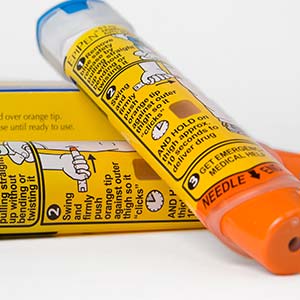If you’re recovering from a knee injury or managing a chronic condition like bursitis, osteoarthritis, or tendonitis, you may have the impulse to “take it easy” and cut back on physical activity to avoid pain.
But that may not always be the best advice. It turns out, it’s best to stay active and incorporate some kind of exercise into your daily routine—especially if you’re considering surgery.
Why? Because getting and staying strong, especially before surgery, means a faster and safer recovery.
Do's for knee pain
- Choose low-impact exercise. Swimming, cycling, or walking on level ground are good choices
- Try strength training with low or moderate weights. Strong muscles protect joints and build stamina
- Lose weight if you can. Research shows that losing just 5 or 10 pounds may reduce joint pain significantly
- Consider working with a licensed physical therapist. They can recommend changes to your routine that prevent pain from increasing and teach you stretches and strengthening exercises that precisely target your hip or knee issues
Don'ts for knee pain
- Jog or do anything that puts force on your joints
- Follow fitness routines or do exercises that cause you pain
- Perform squats, lunges, or deadlifts. These common gym activities put enormous stress on your joints
- Stay on the couch. It may be tempting to give up exercise entirely, but the right kinds of physical activity can help you reduce pain and feel more like yourself
What about surgery?
First, know that knee surgery is rarely the first option for pain relief, but it can be effective for reducing chronic pain. If you think surgery could be in your future, here are a few things to consider:
- Doctor and hospital experience. Doctors and hospitals who perform many surgeries each year are more likely to produce better results. Tip: Try to find a hospital that performs more than 200 knee replacement surgeries each year
- Strength training. Although you may think that there is little reason to strengthen a knee that may get replaced, working out benefits the areas surrounding your joints and will improve your recovery time. Speak to your doctor about exercises that may help
- Lifestyle and overall health. Even if you’re undecided about surgery, it’s a good idea to address any potential risk factors, like smoking or diabetes, that can affect the healing process. Attend a smoking cessation program, if needed, or speak with your doctor about managing your blood sugar levels




